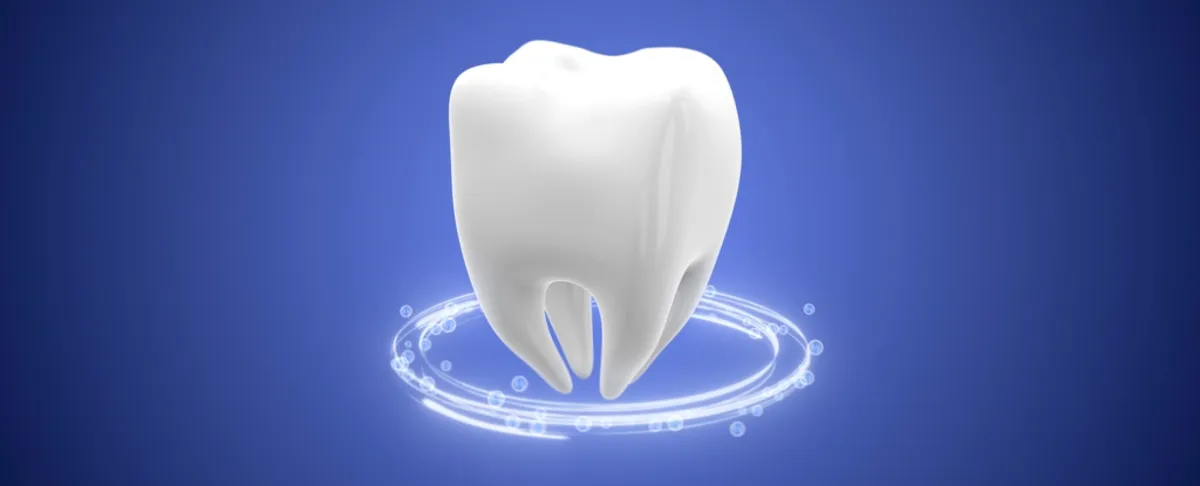
The concept of growing teeth in a lab may evoke images reminiscent of horror films, but recent advancements point towards a promising and practical application. This innovative research aims to address the common problems of cavities and damaged teeth by developing a method for tooth regeneration. A collaborative team from King's College London (KCL) and Imperial College London (ICL) has made significant strides in this area by creating a novel material that enhances cell-to-cell communication.
The newly developed hydrogel functions as a supportive framework that fosters the growth of fresh tooth structures. Utilizing dental epithelial and mesenchymal cells derived from mice embryos, researchers have laid the groundwork for a future where lab-grown teeth could naturally regenerate and integrate seamlessly into the jawbone. According to Xuechen Zhang, a PhD student in Regenerative Dentistry at KCL, these lab-grown teeth promise to be stronger and longer-lasting, significantly reducing the risks of rejection associated with traditional dental implants and fillings.
The ultimate goal of this research is to enable tooth injuries to heal autonomously, similar to how skin cuts repair themselves. This natural approach to dental care could transform the way we manage tooth decay and damage. Importantly, the hydrogel developed by the researchers does not interfere with other biological processes, providing a more accurate mimicry of the body's natural healing mechanisms. This is a reassuring factor for those concerned about the implications of such advancements.
Previous attempts at tooth regeneration faced challenges due to the delivery of cellular signals in a single burst. Zhang explains that the new hydrogel overcomes this by releasing signals gradually, mirroring the body's natural processes. The next crucial step in this research involves determining how to replicate this conducive environment for healthy tooth growth in human mouths rather than just in laboratory settings. Several strategies are under consideration, including the transplantation of cells or the implantation of fully grown lab-created teeth.
Interestingly, various species in nature possess the ability to regenerate their own teeth, suggesting a model from which human dentistry can learn. Although we are still far from achieving this capability, ongoing discoveries continue to move us closer to this goal. Furthermore, researchers are exploring additional approaches, such as an antibody treatment targeting anodontia, a condition that inhibits tooth development. There is optimism that such treatments may become available by the end of the decade.
This research is not solely focused on high-tech solutions for individuals who neglect their oral hygiene. It recognizes that oral health issues, including missing teeth, are linked to various aspects of overall physical well-being. As the field of dental care continues to evolve, the integration of these groundbreaking techniques has the potential to revolutionize the way we approach tooth repair and regeneration. Ana Angelova Volponi, an expert in regenerative dentistry at KCL, emphasizes that these advancements could lead to sustainable and effective solutions for maintaining oral health.
In conclusion, the prospect of lab-grown teeth represents a significant leap forward in dental science, promising not just to enhance aesthetic outcomes but also to improve overall health through innovative regenerative techniques.